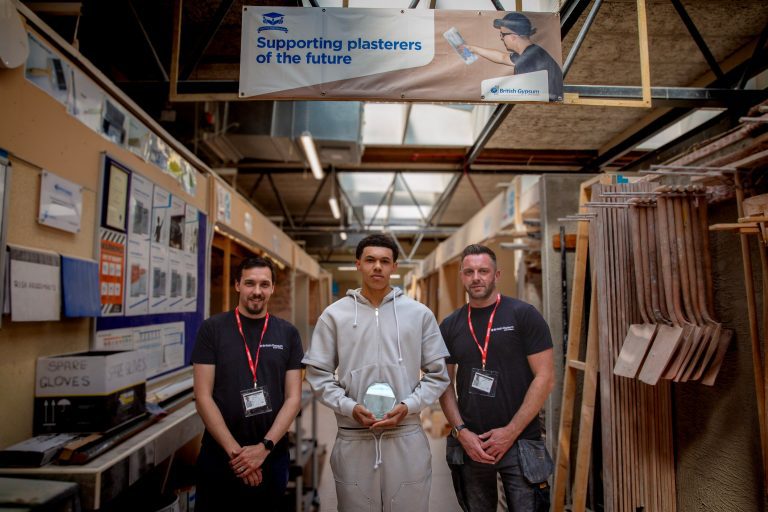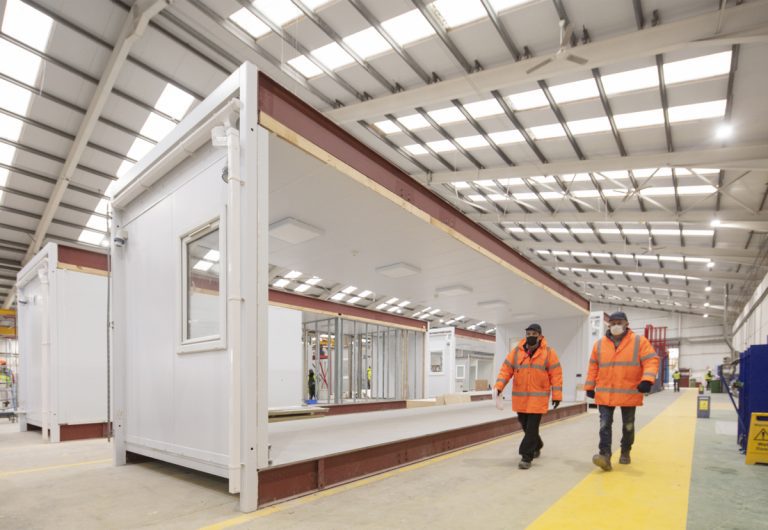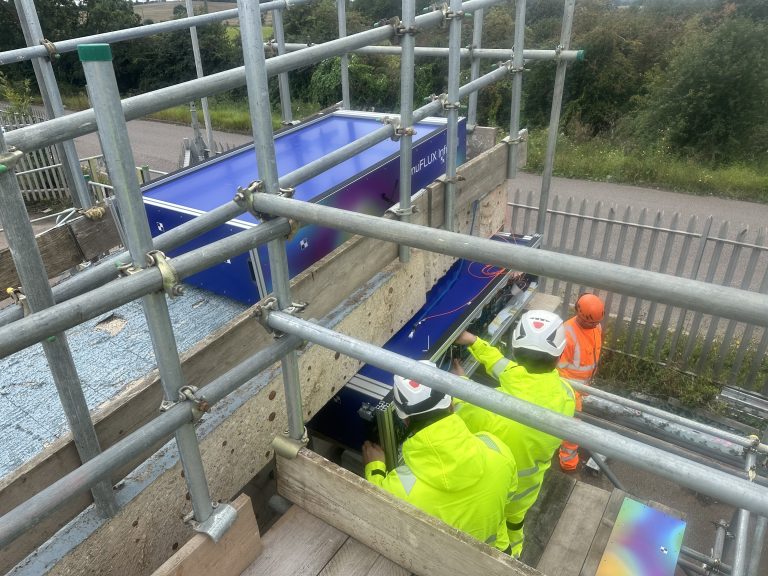RED Construction Group, the specialist contractor, has announced the appointment of its Special Projects division by Clermont Hotel Group to complete the multimillion pound refurbishment works at The Tower Hotel by Thistle. This latest appointment joins the Group’s extensive experience in delivering hotel projects across London and the South West, leading on c.£110m worth of works, including the recent completion of voco Zeal Hotel at Exeter Science Park in 2024, the UK’s first branded net zero carbon hotel. Located within walking distance of many of London’s heritage attractions and the centre of St Katharine Dock, The Tower Hotel by Thistle first opened its doors in 1973, by Sir Richard Hull, the then Constable of the Tower of London. RED’s Special Projects team is upgrading the hotel’s iconic Tower and Bridge Suites and refurbishing key structural elements of the building to develop improved function and public spaces, enhancing the experience for guests, visitors and staff alike, led by the designs from Unwin Jones Partnership. Two of the hotel’s most popular function spaces, the Tower and Bridge Suites, which offer unrivalled views of the Thames and Tower Bridge, will be enhanced through new window glazing, timber panelling finishes and light fixtures. Moveable walls will also be installed across the suites, allowing them to be separated into six rooms, to cater for a variety of events from conferences to business meetings and public celebrations, while improvements will also be made to the existing washrooms. On the mezzanine level of the hotel, the current function room will be transformed into a vibrant public space, with the installation of a new concrete, waterproofed wall, high-quality IT infrastructure and planting. The Tower Hotel by Thistle will continue to remain in-operation while these works are carried out, with RED’s Special Projects team tasked with delivering high-quality finishes and maintaining the health and safety of staff and users across the building. Nathan Farrar, Manging Director of RED Special Projects, commented: “The Tower Hotel by Thistle is an important institution for London. We are pleased to have a Clermont Hotel Group property within our portfolio, providing a world-class experience for guests and businesses alike. Our work to refurbish the iconic Tower and Bridge Suites and other function areas will enable Clermont Hotel Group to diversify their offerings, and ensure the hotel remains an attractive space for users over the long-term. Hotel delivery forms an important part of our workflow, and we are expecting future growth in hotel refurbishment works over the next 12 months in London, and across the UK.” Iain Grieve, Senior Property Project Manager, at Clermont Hotel Group, added: “Since its opening, The Tower Hotel by Thistle has proved to be an enduring part of London’s landscape. We have always looked at ways in which we can enhance our offering to meet the needs of businesses, guests and visitors, and the refurbishment of suites and function areas forms an important part of this journey. With the team’s extensive track record in hotel delivery, RED Construction Group were the ideal partners to lead on the refurbishment.” This marks RED Construction Group’s 9 project across London and the South East, where they have developed an expertise in delivering high-quality refurbishments, as demonstrated by their work on Legoland Windsor’s Woodland Village, London Marriott Hotel County Hall and St Mark’s Square development in recent years. This is matched by RED’s work in hotels where they have delivered over 1,000 hotel beds (including 658 refurbished rooms), and the UK’s first branded net zero voco Zeal Hotel at Exeter Science Park, led by their South West division. Building, Design & Construction Magazine | The Choice of Industry Professionals














